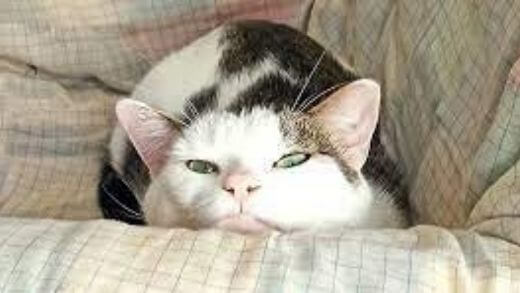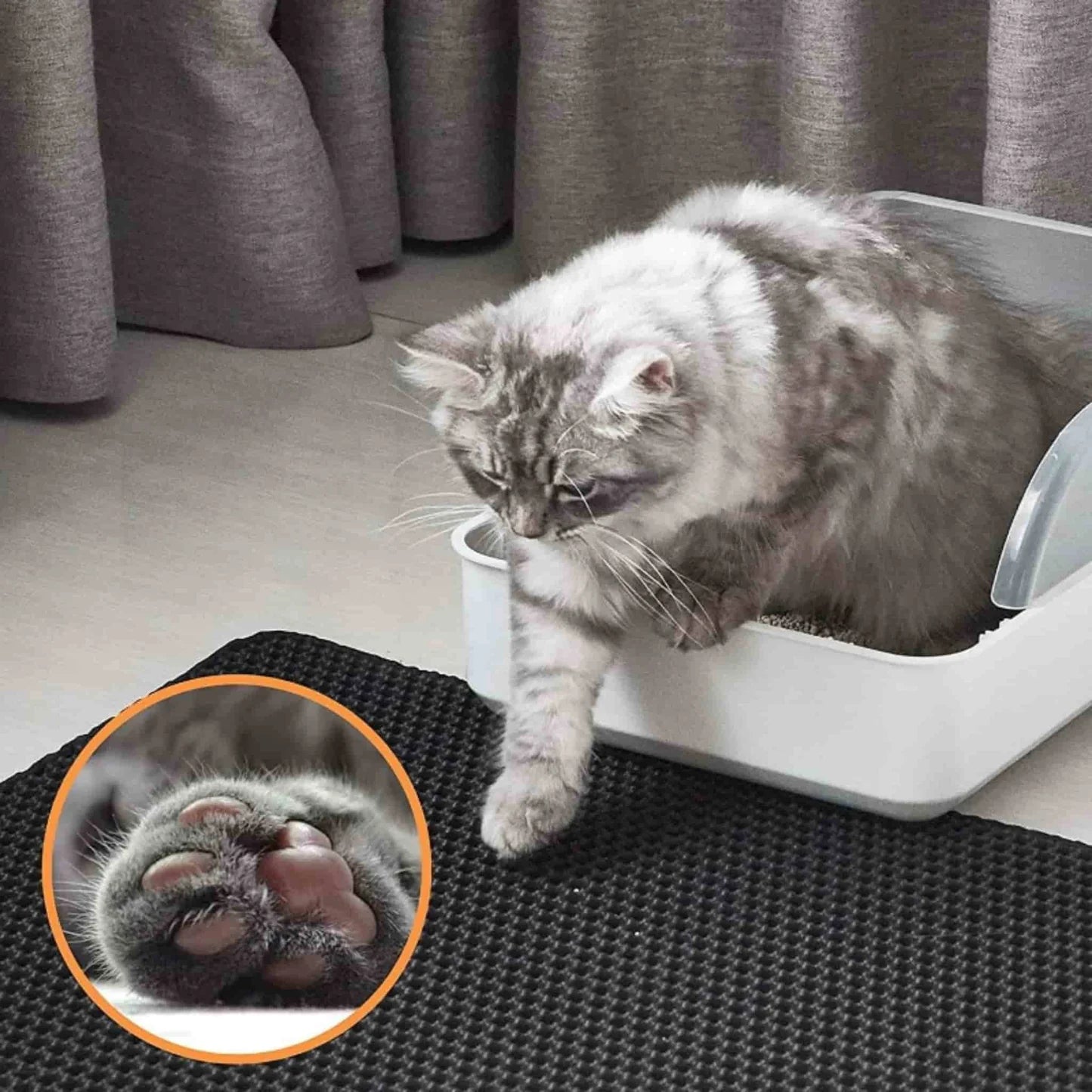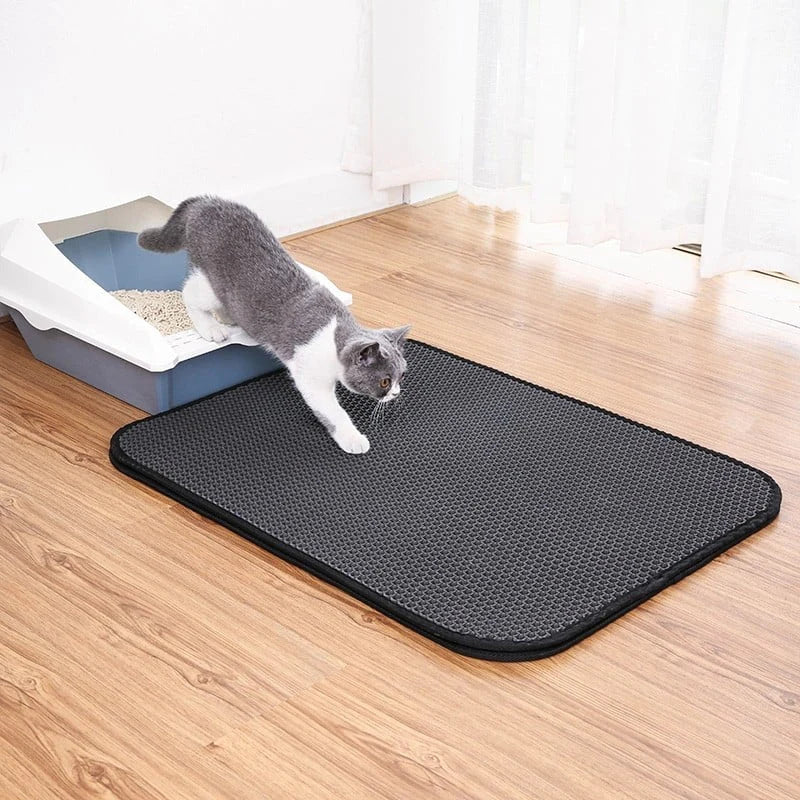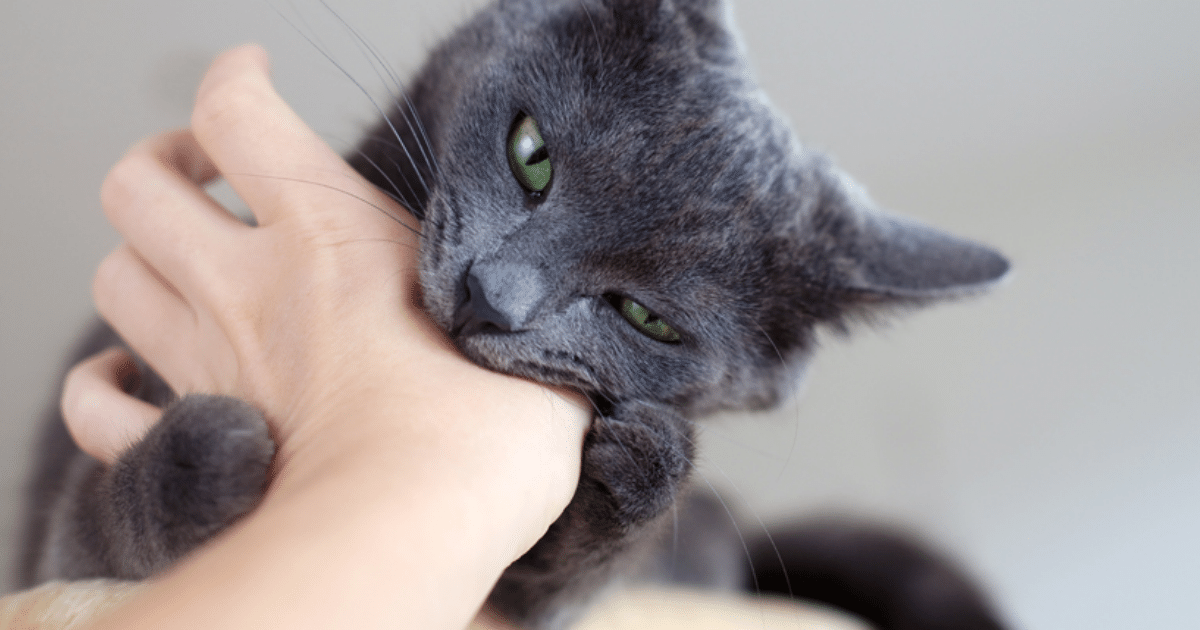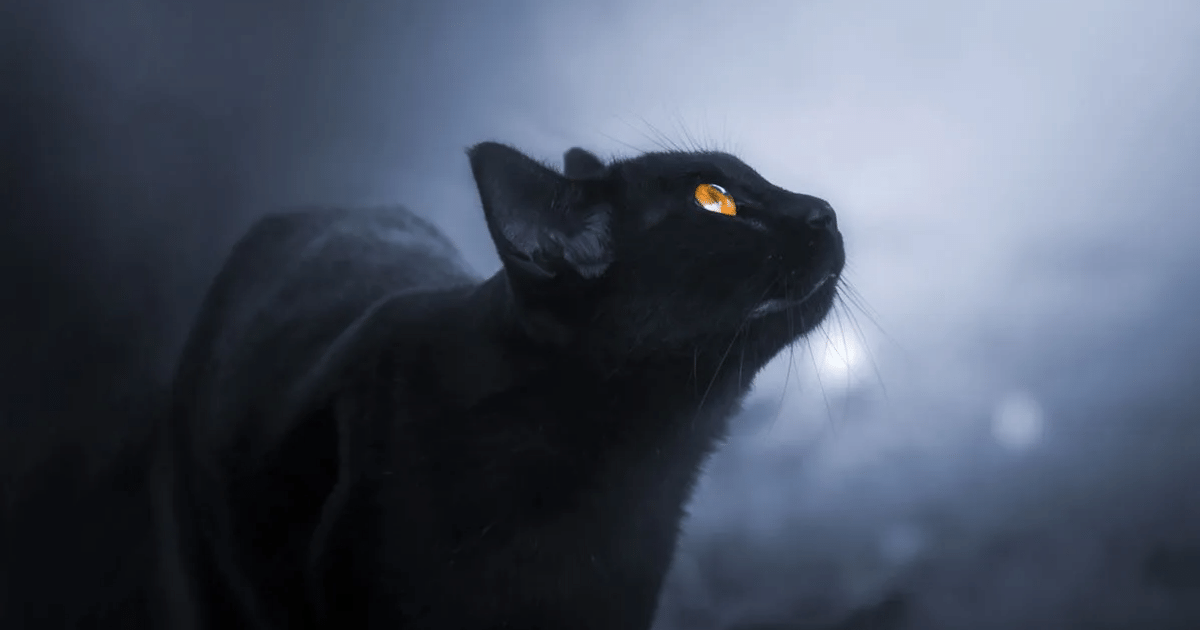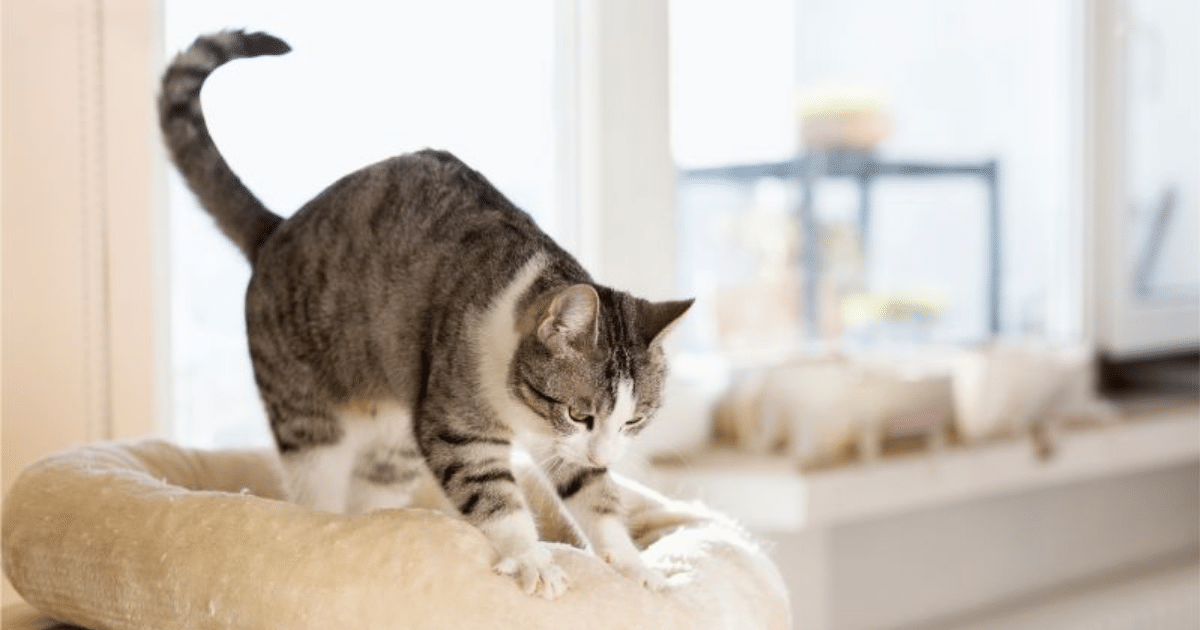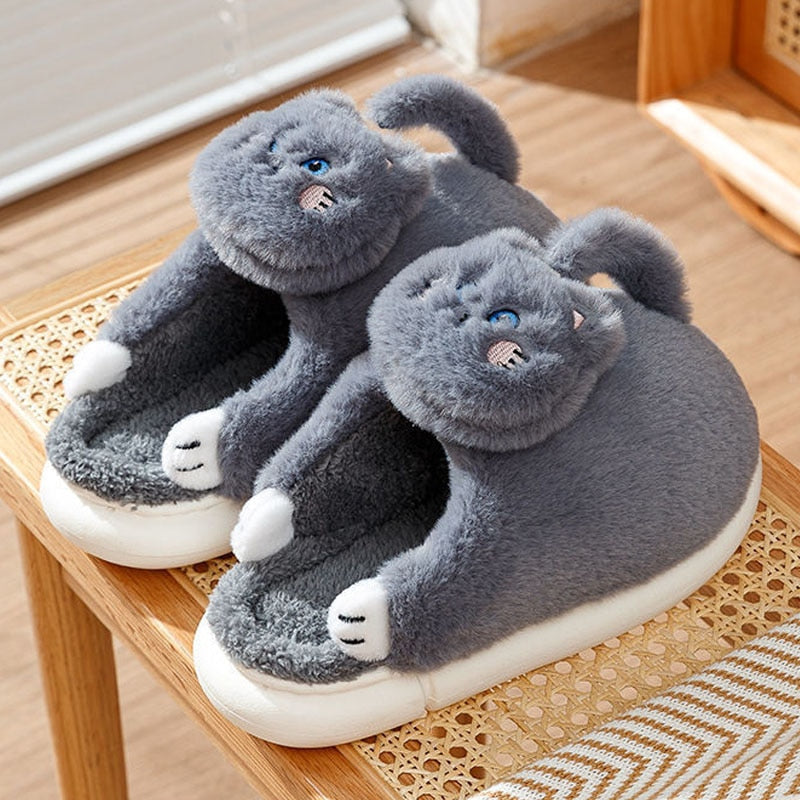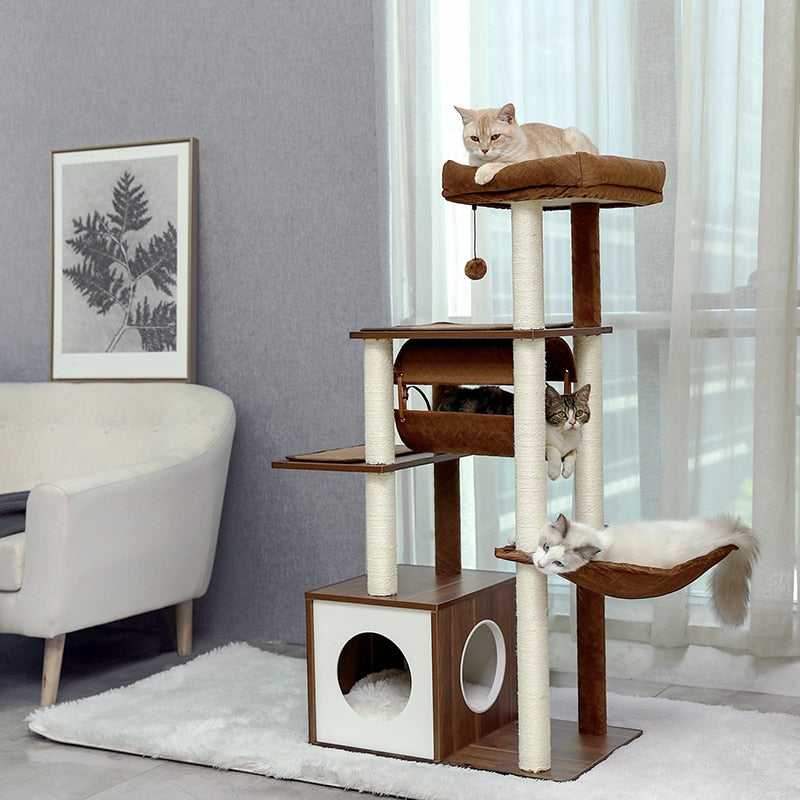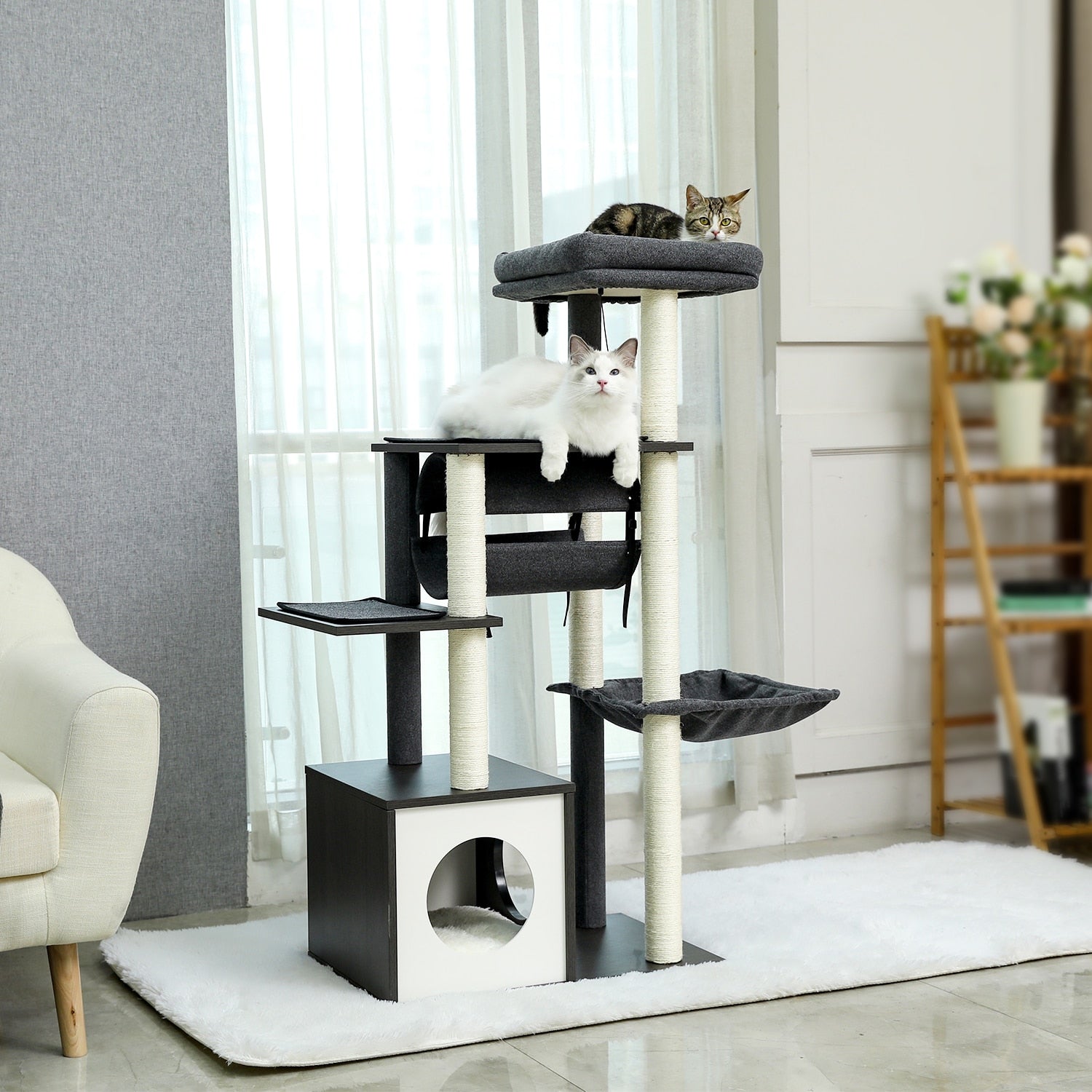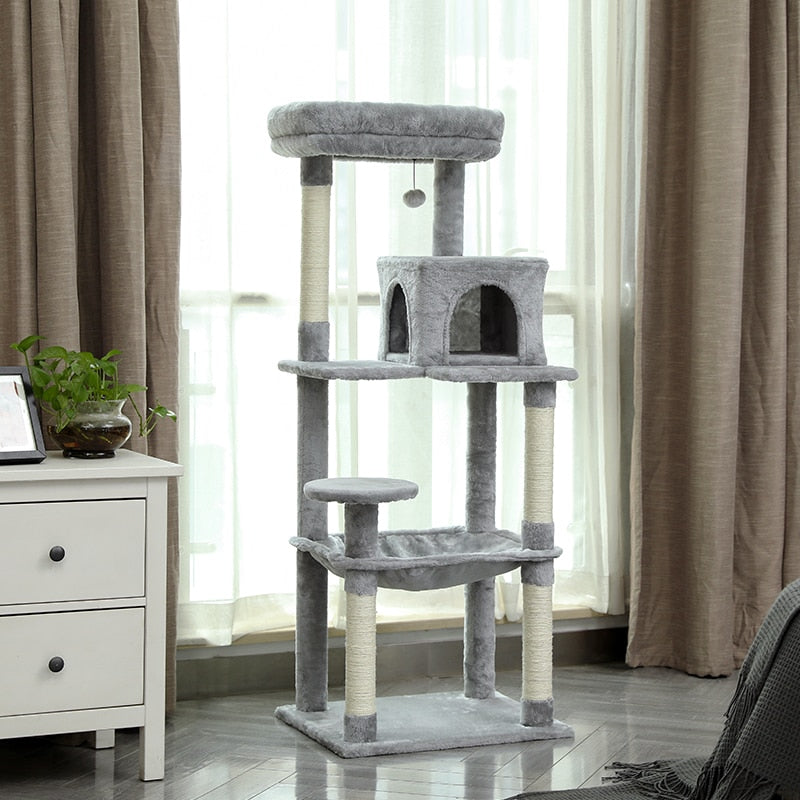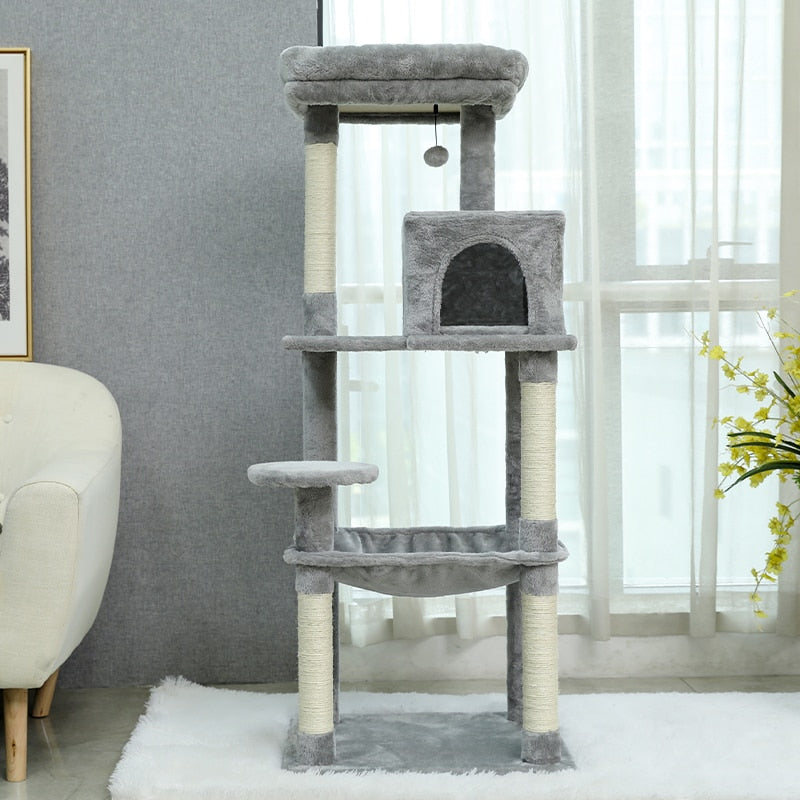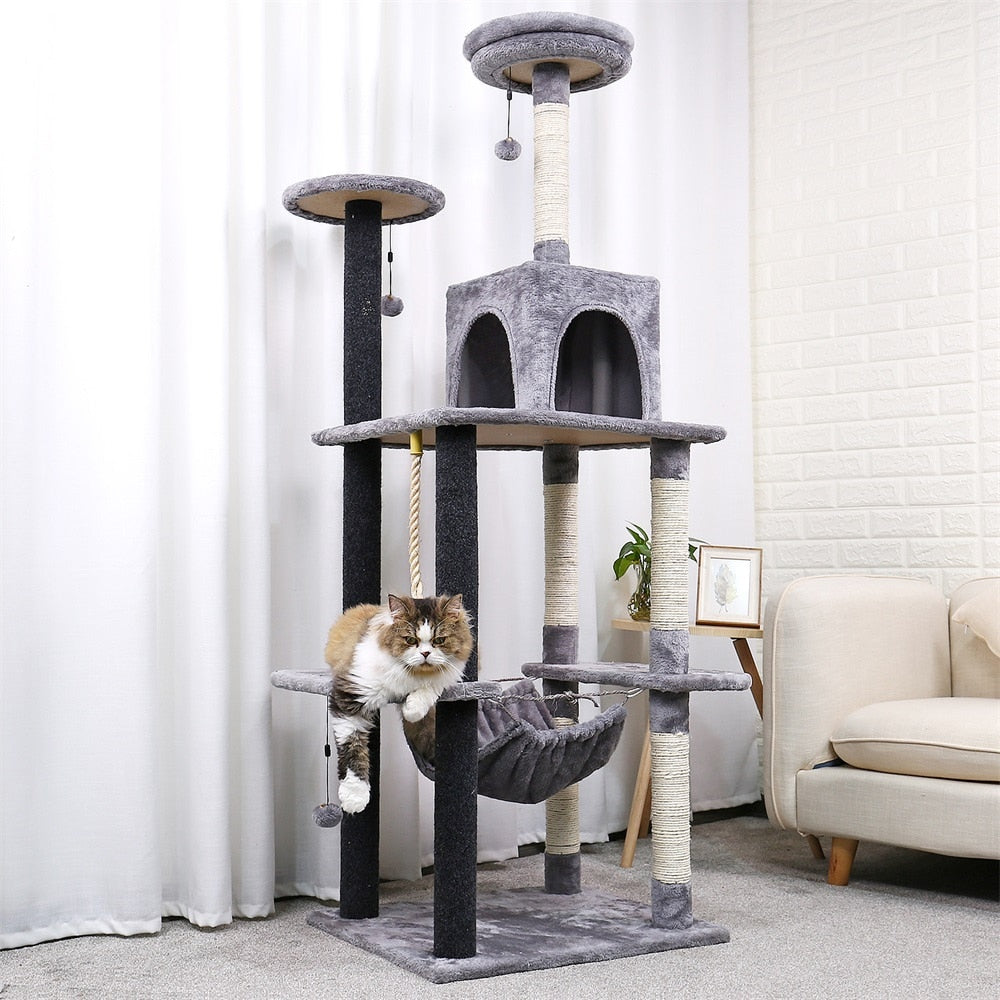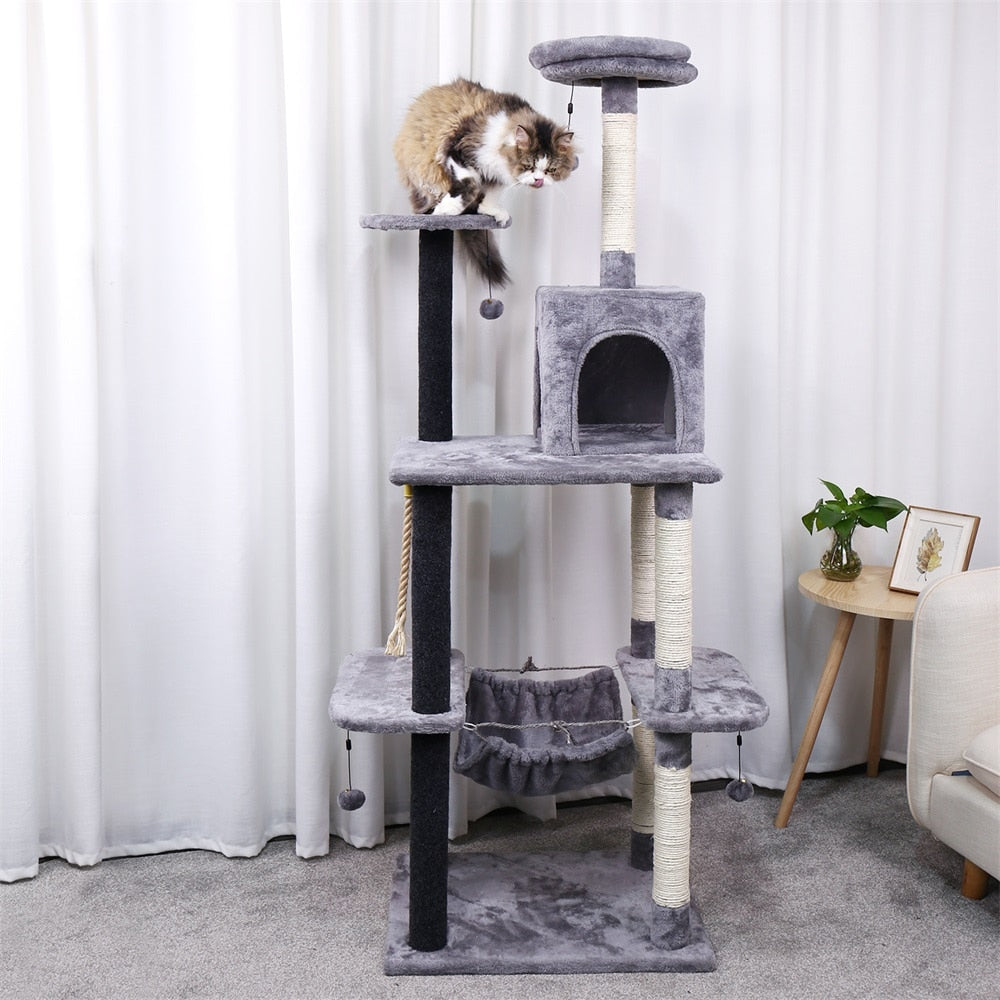Is My Cat Snoring Serious?

Have you recently noticed that your cat tends to snore when he is sleeping or even when he is awake and worries that this is serious?
Be aware that snoring in cats is a normal and benign phenomenon and generally there is no cause for concern. That said, it can also indicate an unhealthy state, or even respiratory problems in your companion and justify a veterinary consultation. Here are some explanations of snoring in cats and our tips to help you relieve your snoring feline.
Is it normal for my cat to snore?
It is normal in most cases for your cat to snore. As in humans, snoring is a natural phenomenon that can occur during the sleep phase. It results in vibrations of the tissues of the respiratory organs when air passes, due to the intensification of respiratory activity during sleep.
The phenomenon can manifest itself from an early age as well as at all stages of his life. It is not uncommon for a snoring cat to cause concern in many owners. But have no fear. Snoring in cats is often just a minor occurrence and there is no need to worry too much about it.
At least when it doesn't come on suddenly or combine with other symptoms and red flags like cough, shortness of breath, loss of appetite, or other signs that suggest it has respiratory problems, a cat's nose can tell us a lot about its state of health. As you will have understood, a simple snoring is an isolated symptom which is not always enough to establish that your little feline is sick.
6 reasons why your cat snores
Note that several causes can explain the appearance of snoring in your cat. Knowing them is not only useful to better understand this phenomenon, but also to take the appropriate measure to relieve your cat when it comes to snoring. To help you in this direction, we have listed 6 of the most common reasons that may explain why your cat snores.
He is simply sleeping
If you hear your cat snoring at night it may be simply because he is sleeping... but in a position that is not as optimal as usual. It is common in fact, when they sleep, that our feline companions adopt various positions. These are not all conducive to good breathing and give free rein to the expression of snoring.
Snoring due to poor posture while sleeping is one of the least worrying. When this is the case, you usually just have to try and return him to a more ideal position so that he stops snoring. However, if his snoring continues to intensify or becomes too loud, it may be wise to seek the advice of your veterinarian.
He's Too Fat
Another possible explanation for snoring in your cat may be that she is obese. Indeed, most cats prone to overweight tend to snore. It is well known that being overweight can greatly affect a cat's quality of life, its health and especially promote snoring.
This last phenomenon will be explained by the fattening of the tissues of the organs that make up the respiratory system, generally in the throat. The resulting narrowing of the airways is such that your cat may have difficulty breathing and will inevitably have a tendency to snore when sleeping.
If your cat is snoring because she is overweight, considering rebalancing or putting her on a diet and getting her active are some of the things to do. Of course, you should apply them ideally following the advice and recommendations of a veterinarian.
His airways are blocked
An obstruction in his airways is also a plausible explanation for your cat to suddenly start snoring, so it will be necessary to help him clean his muzzle. This obstruction of the respiratory tract can itself be due to various factors. More generally, it results from the presence of a foreign body in the nose or in the throat: a blade of grass, a fragment of litter among others.
Besides the foreign body hypothesis, the blockage can also result from a respiratory pathology such as polyps. These are tumors that can develop in the nasal passages and cause partial blockage of the airways. Hence the phenomenon of snoring which can appear when your cat is asleep.
He suffers from an allergy
Snoring can also be caused by an allergy to which your cat is said to be a victim. The allergenic substances with which the latter can be in contact on a daily basis are numerous. Dust and pollen are part of this and inhaling them can be harmful to your cat.
Even more dangerous may be cigarette or tobacco smoke, the effects of which are not limited to inducing snoring in cats. In addition to obstruction of the airways, it can promote the development of cancer.
He's sick
Another less reassuring, but not necessarily alarming, explanation is that your cat's snoring is sickly. Your pet's respiratory system is not immune to certain respiratory ailments or diseases, for which snoring is one of the warning signs.
They can be diseases like the common cold or Coryza, cough or the feline flu, asthma of the cat, pneumonia or bronchitis among others. In these cases, snoring can be accompanied by other symptoms like shortness of breath, cough, runny nose and sneezing or mucus buildup, etc.
These are symptoms that should alert you that your snoring cat is probably sick. You will then have to consult a veterinarian as soon as possible for a diagnosis and make sure that he is not suffering from anything serious.
Its muzzle has a shape that makes it snore
Finally, the explanation for snoring in cats can be simply linked to the morphology of its nose. Indeed, certain breeds of cats are naturally predisposed to snoring more than others. And for good reason ? The flattened aspect of their nose and the narrowness of their throat or larynx which makes them susceptible to breathing problems.
The Persian, Exotic Shorthair, British Shorthair, Scottish Fold and Himalayan are among those also squash-facedsnoring cat breeds,known as brachycephalic breeds.
What to do to relieve a snoring cat?
There is hardly anything special you can do to relieve your snoring cat. As we noted above, depending on the source of the snoring, you can turn your companion over when he sleeps in a bad position.
Likewise, limit your exposure to allergy sources and foreign bodies. Fight against overweight that can promote health problems or respiratory concerns. Otherwise, just be sure to see the vet if the snoring suddenly appears and your cat does not appear to be fit.
How do I know if my cat has breathing problems?
Respiratory problems or disorders are concerns whose manifestations are more or less easy to identify. Most of the time, their indices are similar to those of the most common respiratory pathologies in cats. More concretely, you will know that your cat has breathing problems when:
- He has difficulty breathing
- He coughs frequently
- He seems short of breath even without physical effort
- He has a runny nose (and eyes)
- He has sneezing which shakes him violently
- He snoring during the day while he is awake
If you detect these signs in your cat, we recommend that you seek urgent medical attention from a veterinarian.

